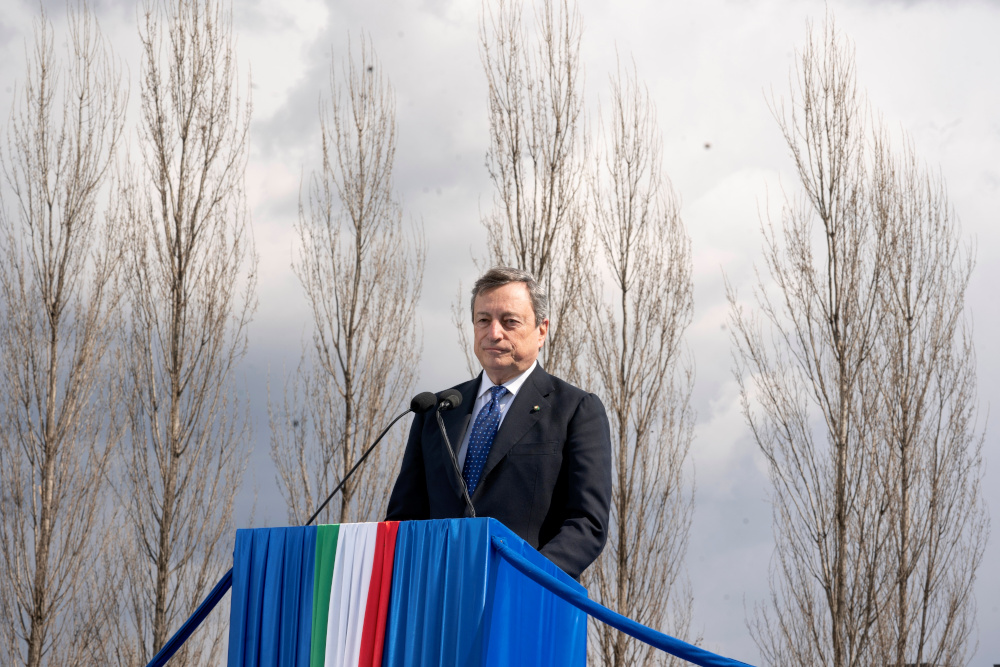ROME, March 20 — Italy’s government approved yesterday a €32-billion (RM157 billion) economic relief package for coronavirus-stricken businesses and workers.
It included €11 billion of grants to worst-affected firms that will be paid out by the end of April, Prime Minister Mario Draghi said in a news conference.
Draghi called the decree a “partial answer” to those who are struggling with the fallout from the pandemic, “but the best that we could do” given budgetary constraints.
Around €8 billion were earmarked for welfare support, including for furloughed and unemployed workers, and almost €5 billion for vaccinations and the health sector.
A freeze on job dismissals, expiring in late March, was prolonged until the end of June, with a further extension until late October valid for some industries.
The measures were funded by public debt, and Draghi said the government would borrow even more this year to finance more economic stimulus measures.
Friday’s decree included an ammesty on unpaid tax bills, which was championed by Matteo Salvini’s far-right League and opposed by leftists in the national unity coalition.
There were other measures for categories badly affected by mandatory shutdowns, including seasonal workers, theatre and cinema employees, and the ski industry.
Italy, which 13 months ago became the first European country to be hit by the coronavirus pandemic, has been plunged into its worst recession since World War II.
Last year, gross domestic product fell by 8.9 per cent, while almost 450,000 people lost their jobs, with disproportionately high numbers among women, young people and the self-employed.
Draghi is hoping to provide some relief by ramping up a sluggish vaccination programme, and is drafting an economic relaunch plan to be funded by European Union grants and loans.
Italy is eligible for around €200 billion from the bloc’s flagship virus recovery fund, but in return, it has to commit to an ambitious reform plan, subject to Brussels’ approval.
Huge expectations are riding on Draghi, a former European Central Bank president famous for doing “whatever it takes” to save the euro, and installed as Italy’s premier in February.
Since then, he has mostly worked behind the scenes, attracting some criticism. Friday marked his first news conference in more than a month in office. — AFP






















